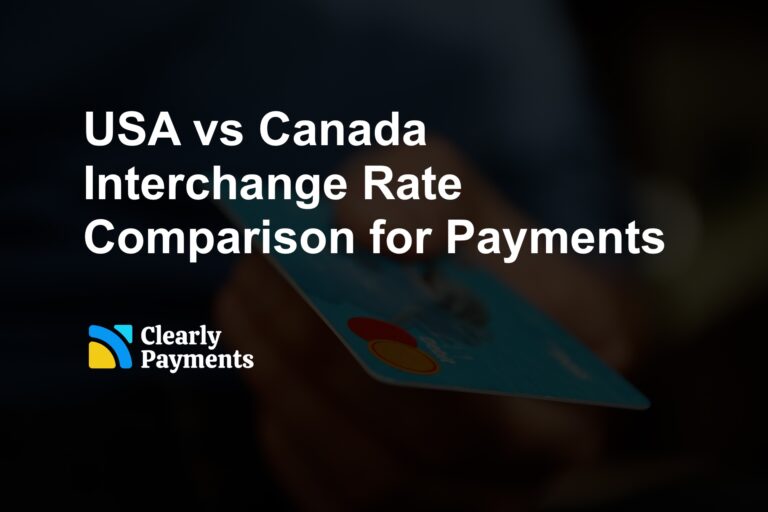In recent years, the rise of cryptocurrency has redefined traditional notions of currency and payment systems worldwide. Canada, known for its somewhat progressive stance towards financial innovation, has been aware and monitoring this transformative technology.
Cryptocurrency, such as Bitcoin, Ethereum, and others, operates on decentralized blockchain networks, enabling secure, peer-to-peer transactions without the need for intermediaries like banks or financial institutions. As Canada navigates this digital revolution, understanding the implications of cryptocurrency on the country’s payment systems is paramount.
Tech Advancements in Payments
One of the key ways cryptocurrency is shaping the future of payments in Canada is through technological advancements. Blockchain technology, the underlying infrastructure of most cryptocurrencies, offers unparalleled security and transparency in transactions. In a country like Canada, where cybersecurity is a top priority, the adoption of blockchain-based payment systems provides a robust solution to combat fraud and ensure the integrity of financial transactions.
Moreover, cryptocurrency transactions are faster and more efficient compared to traditional banking systems. With near-instantaneous settlement times and lower transaction fees, businesses and consumers in Canada are increasingly turning to cryptocurrency for their payment needs.
This shift towards faster and cheaper transactions is reshaping the way Canadians conduct financial transactions, fostering a more dynamic and responsive payment ecosystem. Overall, Cryptocurrency is pushing traditional banks and the overall financial system to become more efficient.
A Change in Regulatory Frameworks
While technological advancements drive the adoption of cryptocurrency, regulatory frameworks play a crucial role in shaping its future in Canada. Recognizing the potential risks and opportunities associated with cryptocurrencies, Canadian regulatory bodies have been proactive in developing frameworks to govern their use.
- Existing Regulations: Canada already treats cryptocurrency like a commodity for tax purposes. This means capital gains taxes apply when you sell crypto for a profit. The Proceeds of Crime and Terrorist Financing Act (PCMLTFA) also applies to cryptocurrency transactions.
- Focus on Consumer Protection: The government seems more focused on consumer protection and staying informed about the evolving crypto landscape. The Canadian Revenue Agency (CRA) updates its tax guidance as needed.
The Canadian Securities Administrators (CSA) and the Financial Transactions and Reports Analysis Centre of Canada (FINTRAC) have issued guidelines and regulations to ensure compliance with anti-money laundering (AML) and know-your-customer (KYC) requirements for cryptocurrency exchanges and service providers. These regulations aim to mitigate the risks of illicit activities associated with cryptocurrencies while fostering innovation and protecting consumers.
Furthermore, the recent implementation of the Payment Services Act (PSA) in Canada provides a comprehensive regulatory framework for cryptocurrency payment service providers. By establishing clear guidelines for licensing, reporting, and consumer protection, the PSA instills confidence in the legitimacy and reliability of cryptocurrency payment services, driving further adoption among businesses and consumers.
Economic Implications in Payments
Moreover, as Canada positions itself as a hub for blockchain and cryptocurrency innovation among the startup community. The burgeoning cryptocurrency sector presents significant opportunities for economic growth and job creation. Startups and businesses in Canada’s cryptocurrency ecosystem are driving innovation in fintech, creating new products and services that cater to the evolving needs of consumers and businesses alike.
A Shift in Social Norms and Habits
Beyond its technological, regulatory, and economic dimensions, cryptocurrency is catalyzing societal shifts in Canada’s payment landscape. As more Canadians embrace cryptocurrency as a means of payment, traditional banking norms and consumer behaviors are evolving. The concept of digital currencies and decentralized finance (DeFi) is reshaping perceptions of money and value, leading to a broader discussion on the future of finance and monetary systems.
Moreover, cryptocurrency fosters financial sovereignty and empowerment, allowing individuals to take control of their financial assets and transactions without reliance on centralized intermediaries. This shift towards decentralized financial systems aligns with the principles of financial inclusion and empowerment, empowering individuals to participate more actively in the global economy.




